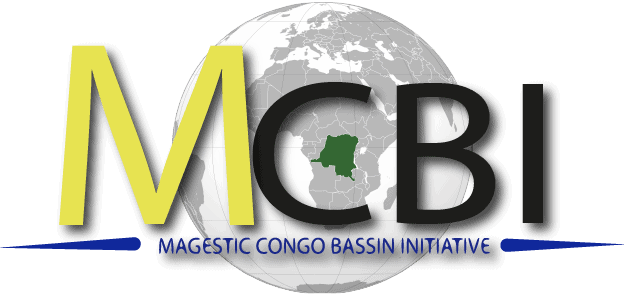10 Best Ecommerce Accounting Software For Easy Bookkeeping
Tim has spent the past 4 years writing and reviewing content for Fit Small Business on accounting software, taxation, and bookkeeping. Businesses with inventory items should choose accounting software that can track inventory costs, manage COGS, and monitor inventory units. We evaluated all the platforms in this guide on the same set of criteria regardless of whether it is a partner company.
Inventory management
This makes it a great option for ecommerce businesses with plans to grow big. Manage your e-commerce company with ease using FreshBooks e-commerce accounting software. E-commerce accounting can be a daunting task, but FreshBooks allows you to simplify accounting with custom invoices, payments tracking, and client management. FreeAgent is a cloud-based accounting solution designed specifically for freelancers, accountants, and small business owners.
Analytics and Reporting
Depending on your online business, you could have tons of transactions to keep track of. If you were using a paper bookkeeping system and trying to do it all yourself, this could easily prove overwhelming. But then you realize you need to do legit business things—like accounting. Though staying on top of your financial data may not be very exciting, it’s the best way to keep the IRS off your back and avoid an audit. While more work than pre-built integrations, you don’t need to start your Zaps from scratch—there are already Zaps built that you can use for many processes.
Integration with Ecommerce Platforms and Payment Processors
To simplify ecommerce accounting and streamline your financial management processes, consider utilizing Link My Books. Our accounting automation solution integrates seamlessly with Xero and QuickBooks, automating the import and categorization of sales data from major ecommerce platforms. With features like efficient accounting, VAT and sales tax calculations, integration capabilities, and order matching, Link My Books ensures accurate and time-saving ecommerce accounting. Bookkeeping and accounting are important for ecommerce businesses for many reasons. First, accurate bookkeeping and accounting are essential for tracking cash flow and understanding the financial health of the business.
- It includes not just accounting tools but also payroll and HR software to support a large business with multiple employees.
- Xero is best for businesses with a large team or those that want most of the features of QuickBooks without its price.
- If you are selling things online using ecommerce platforms, an accounting package that integrates smoothly with your ecommerce selling platforms is essential.
- And with pricing plans starting at just $15 a month, it’s attainable for small businesses on a budget.
Understanding operating expenses can help you keep tabs on how efficiently your small business generates revenue. Although a barebones option, Wave is a good choice for small businesses on a tight budget that are okay with the lack of integration. Learn how to build, read, and use financial statements for your business so you can make more informed decisions. Get free guides, articles, tools and calculators to help you navigate the financial side of your business invoice financing with ease. The magic happens when our intuitive software and real, human support come together. It also seamlessly integrates with other Zoho offerings, such as Zoho Commerce, Zoho Invoices and Zoho Inventory.
Tracking the different sales tax rates and balances can quickly become overwhelming if you’re selling in several states. Luckily, QuickBooks automatically calculates sales tax across multiple jurisdictions regardless of your business’s home state. Bench simplifies your small business accounting the 6 best accounting software for self-employed business owners of 2023 by combining intuitive software that automates the busywork with real, professional human support. We evaluated each software on banking, A/P, A/R, inventory, sales tax, and reporting. The major shortcoming of Sage 50 in our case study is its mobile app, which isn’t surprising given it’s a desktop program.
It’s an ideal choice for small businesses aiming to automate much of their administrative accounting work. Now, let’s dive deeper into each of the accounting software for bookkeepers to understand their unique features and how they can benefit your ecommerce business. Sage manages all the documentation and processes required in business payments such as price quotes, estimates, statements and invoices. They offer integration with major banks, allowing users to import all payment transactions automatically.
It offers core accounting, project accounting, expense management, and compliance management all in one. FreeAgent is a cloud-based accounting solution for small businesses owners to manage invoices, expenses, payroll, tax returns and other accounting tasks. If your ecommerce business expects rapid growth, you will need advanced reporting.
Ecommerce accounting software often provides built-in tools for sales tax calculation and compliance. Xero is an appealing choice for both product-based and service-focused ecommerce businesses since it includes inventory management what are payroll taxes and who pays them and project management tools. You might consider it a blend between QuickBooks for products and FreshBooks for services.
